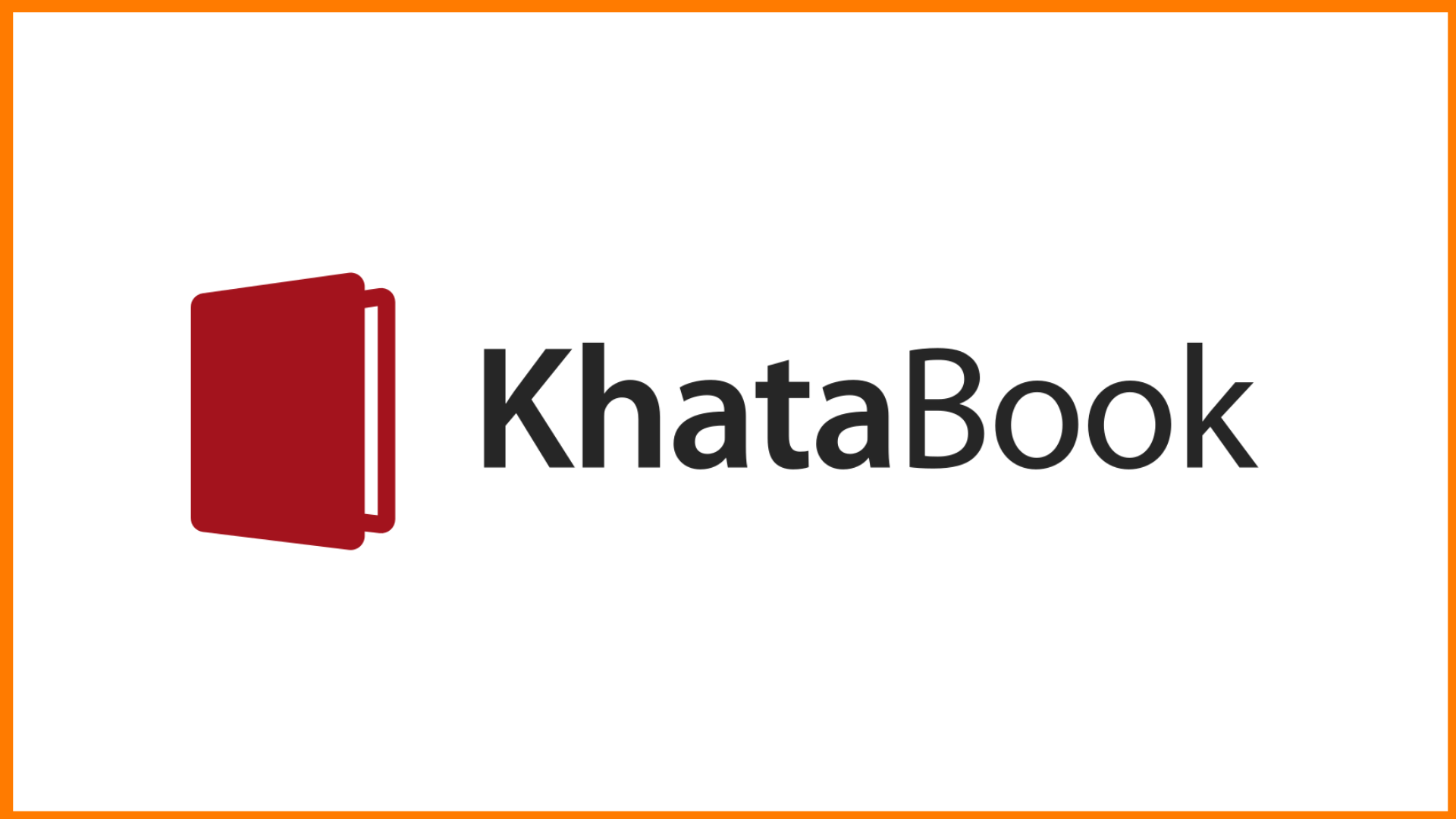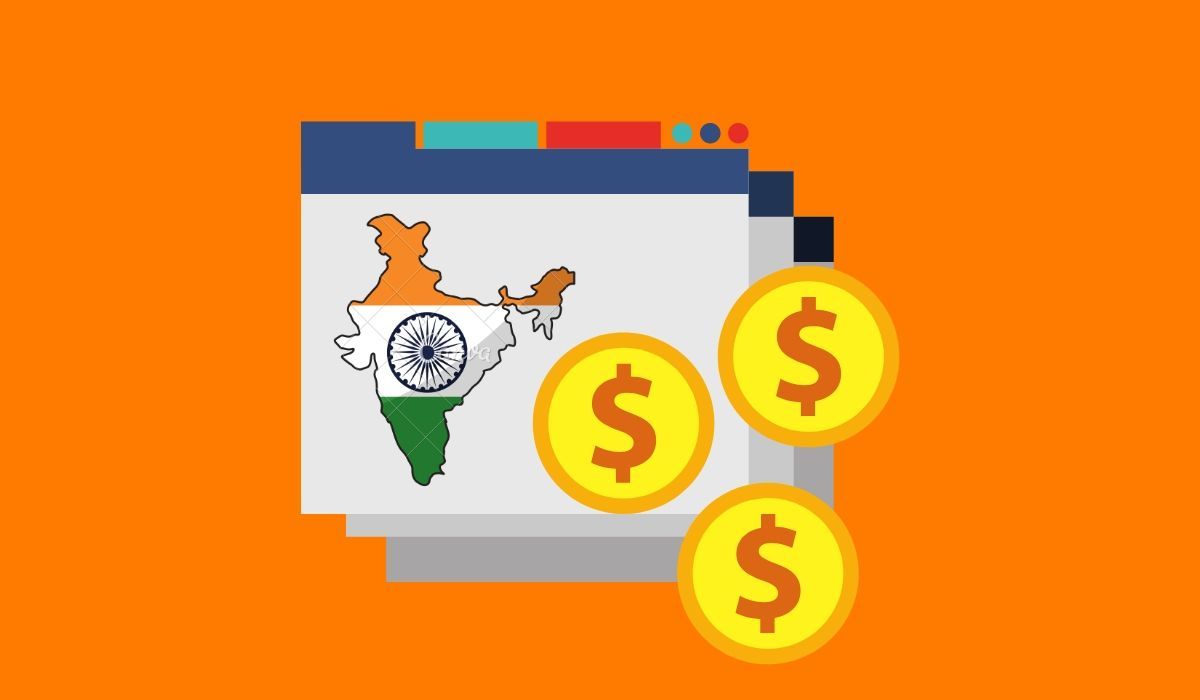Khatabook is a prime fintech platform for small and medium businesses (SMBs) that provides a digital ledger application to facilitate financial management. It operates on the freemium model, providing free features for basic bookkeeping applications while deriving revenue through premium features and various value-added services. The platform allows users to digitally record credit or debit transactions, replacing conventional and time-consuming paper ledger lies. Its customer management features include automated payment reminders sent through SMS or WhatsApp and easy payment collection through UPI and QR codes. Besides, business performance monitoring is made easier with an analytical overview of insights from the platform.
Khatabook became a success in solving real problems by digitizing manual transaction tracking, thereby translating into accuracy and efficiency for SMBs. Khatabook’s freemium model encourages many downloads, out of which many end customers will convert to paid service subscribers over time. It is purposely designed for a user-friendly experience, and among its functionalities, different regional languages enhance this app’s ease of navigability. Khatabook aims to engage customers and earn lifelong loyalty while bundling financial services into an ecosystem.
Khatabook Business Model
How Khatabook Makes Money I Revenue Model of Khatabook
Khatabook Unique Selling Proposition
Khatabook SWOT Analysis
About Khatabook
Khatabook, which emerged in 2018 from Ravish Naresh, and his team directly pertains to the digitization of the traditional bookkeeping processes engaged in by small and medium-sized enterprises (SMEs) within that country. This concept originated from the founders’ former company that was Kyte.ai a digital spend management application based in 2016. While Kyte was initially catching on, it could not scale, as it was targeting metropolitan users, who were primarily using digital methods of payment. So, after observing that most new Internet users in smaller towns worked in cash and old-style kata (ledger books), the complete team pivoted to create Khatabook.
The earliest version of Khatabook was rolled out in January 2019 as a product with features like lists of customers and transactions, SMS integration, and automatic payment reminders. SMEs found the app useful from the first day of its introduction, stating that it removed manual errors, created real-time transaction visibility, and simplified cash-flow management. By November 2019, Khatabook recorded over $5 billion in cash transactions and had raised $25 million through Series A funding.
Khatabook has had an extremely fast growth trajectory ever since its launch, catering to millions of people around the length and expanse of India with services such as inventory management, digital payments, and business analytics because of the strategic merging it did with Biz Analyst in 2021. Today, it is one of the top fintech platforms for SMEs in India.

Khatabook Business Model
Khatabook works on a freemium business model catering to small and medium businesses (SMBs) in India. It was developed as a pure-play digital ledger app and allows merchants to go paperless. The app records credits and debits, keeps track of customer balances, plans SMS and WhatsApp transaction reminders, and comes integrated with digital payment mediums like UPI and QR-based payments. The platform generates revenues through transaction fees. The possible use by businesses is that it is data-driven insights and actual performance management analytics that businesses could use to study whether their firm is performing at par or better compared to a previous time.
Khatabook is none other than its easy and free-framed service strategy, a complete ecosystem. Even the translations of the application into several languages made it usable across various regions. While free core functionalities are maintained, premium subscriptions provide advanced features such as analytics and inventory management for a continuous revenue pipeline. Khatabook offers standalone end-to-end integration of multiple financial solutions by integrating its application as a one-stop solution to improve business access efficiency, enhance customer loyalty, and strengthen its stance in India’s fintech space.
How Khatabook Makes Money I Revenue Model of Khatabook
Khatabook requires a freemium business model and therefore the free important financial management tools but earning from numerous other income streams. Premium subscription plans provide advanced features like detailed analytics, multi-device access, and inventory management for businesses requiring these extended capabilities. In addition, it earns transaction fees from digital payments through UPI, QR Codes, and other gateways. Khatabook is also into lending as it offers business loans and working capital financing of small businesses, earning them from the interests and commissions charged by their financial partners.
Beyond these core service offerings, Khatabook monetizes its platform further by diversifying into cross-selling such financial products as insurance and investment, earning commission sales. This will allow it to provide advertising on its platform for brands that want to target consumers within its user base. Premium customer support as a value-added feature, API-added integration, and other benefits result in monetization as well. By availing themselves of free services, Khatabook keeps an effective way of attracting SMBs with very lucrative paysite channels that build their strength in India’s competitive fintech ecosystem.
The company has significantly grown over the years in terms of revenue from operations. For FY24, it reported INR 102.70 crore compared to INR 80.88 crore in FY23. An additional surge above that year was seen in FY22, where revenue totaled INR 71.1 crore, raising it four times from INR 16.9 crore in FY21.
Khatabook Unique Selling Proposition
Khatabook has a unique selling proposition that can simplify financial management for small and medium businesses in India via a highly friendly digital ledger that can replace traditional bookkeeping. Moreover, it is multilingual for different people using it as well as automated in payment reminders, invoice creation, etc., so that SMBs can improve their cash flow management. In addition, apart from cash accounting, the app helps customers manage accounts, analytics, and online stores (‘MyStore’) to transform businesses into the next possible e-commerce location.
It also builds a trust-based platform for them to share experiences, enhancing site-customer engagement and customer loyalty. The most pertinent differentiator from other offerings that Khatabook brings is a proposition tuned in to the peculiar challenges the most common type of user: micro, small, and medium enterprises (MSMEs) that conduct cash transactions and do not have access to banking facilities would face in operationalization to financial management. All this makes Khatabook a beneficial solution that combines intuitive technology and automation with localized support to become the preferred financial management tool for small businesses wishing to transform or grow.
Khatabook SWOT Analysis

Strengths
- Strong Brand Recognition: Khatabook is very popularly recognized among small business owners with an 89% recall and a trusted name in the Indian fintech.
- Usability: The application blocks easy access to even the non-techie world because its rating speaks pretty high- 4.8/5 at the Google Play Store.
- Full-Featured Solution: Transaction tracking, payment reminders, analysis, and much more which culminates in value addition for the users.
- Most affordable solution: Basic services are free with economic premium packs (1,500/month, starting) which cost less than traditional bookkeeping.
- The App Reaches the Mark: More than 10 million downloads and constructing more around the user in India.
- Continuous Updates: Enhancements to the same feature based on user feedback make the feature more appropriate and keep the user.
Weaknesses
- Limited International Presence: Operations are primarily focused on India while neglecting the global markets.
- Smartphone Dependency: This bias toward mobile technology leaves out people who don’t own a smartphone since the smartphone penetration in India is only 54%.
- Issues of Data Privacy: Unrestricted access to any sensitive financial data involves the possibility of them being influenced by tighter rules-for instance: India’s Personal Data Protection Bill.
- Very High Competition: It is also competing against other larger providers like Paytm, PhonePe, and Google Pay that have greater manpower and market penetration.
- Scalability Challenge: High growth rates maintained in the past may well gas out with the very requirement of continuous innovation in keeping with the changing dynamics of user requirements and the market itself.
Opportunities
- Geographic Expansion: Underserved areas, particularly rural India and international regions, present forations for significant growth.
- AI Integration: AI and machine learning can be utilized for personalized services that improve customer experience and operational efficiency.
- Strategic Partnerships: Partnerships with fintech companies or financial institutions may serve to diversify products and services and enter new markets.
- Post-Pandemic Digital Adoption: SMBs increased their reliance on digital solutions post-pandemic, which opens further adoption opportunities for Khatabook services.
- Service Diversification: Opportunities to branch into loans, invoicing, and other financial tools to become a one-stop solution for SMBs.
Threats
- Cybersecurity Risks: Threats of data breaches can disturb user trust and lead to financial penalties averaging $200,000 per breach.
- Market Saturation: Increasing competition in the digital ledger space may reduce user engagement with flooding participation of new entrants.
- Regulatory Compliance Issues: Increasing data privacy laws could entail increased operational costs and challenges in meeting compliance.
- Economic Turn Down: Even small businesses which influence the sale of Khatabook products could reduce their expenditure in times of economic challenges, affecting growth in revenue.
Conclusion
Khatabook, with its fascinating and highly user-friendly digital ledger application, has emerged as a major fintech solution provider for small- and medium-sized enterprises in India. Its value proposition amalgamation of simplicity, multi-language support, and overall financial management tools- is distinctively positioned within an already highly competitive domain. Because of these strengths, such as brand recognition and already very satisfied users, the company has established a foundation on which it continues to grow.
However, some of the challenges Khatabook has to deal with are competitive intensity, data privacy, and the ability to scale up. Khatabook will need to use all its capabilities of geographic expansion-availing resources of new-age technology, such as AI, and diversifying the service portfolio to further strengthen its presence in the market and develop ways for the organization to be sustainable.
FAQs
What is Khatabook?
Khatabook is a mobile app designed to help small businesses digitally manage their ledgers and transactions.
What problem does Khatabook solve?
It simplifies bookkeeping for small businesses, replacing traditional paper ledgers with a digital platform.
Is Khatabook free for users?
The core bookkeeping features of Khatabook are generally free for small business owners.


























